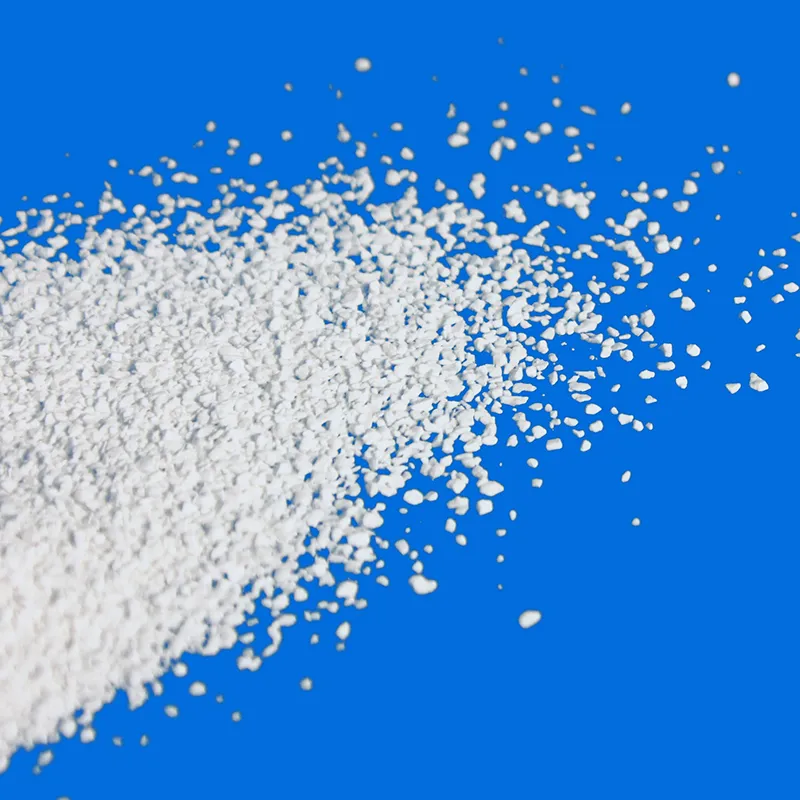
rosemary extract food additive
The Benefits of Rosemary Extract as a Food Additive
Rosemary extract, derived from the aromatic herb Rosmarinus officinalis, has long been utilized not only for its culinary properties but also for its numerous health benefits. In the realm of food additives, rosemary extract has gained significant attention due to its potent antioxidant and antimicrobial properties. This article explores the advantages, applications, and safety of rosemary extract as a food additive, highlighting its importance in modern food science and nutrition.
Antioxidant Properties
One of the most compelling reasons for incorporating rosemary extract into food products is its high antioxidant capacity. Oxidation is a natural process that occurs when food is exposed to oxygen, leading to spoilage and the formation of harmful compounds known as free radicals. Rosemary extract contains several bioactive compounds, including rosmarinic acid and carnosic acid, which have been shown to effectively neutralize free radicals. By reducing oxidative stress, rosemary extract can help preserve the quality and extend the shelf life of food products.
The antioxidant properties of rosemary extract are beneficial not only for the longevity of food but also for human health. Antioxidants play a crucial role in preventing chronic diseases such as heart disease, diabetes, and cancer. Thus, by using rosemary extract as a food additive, consumers can enjoy not only fresh-tasting products but also health-promoting benefits.
Antimicrobial Effects
In addition to its antioxidant potential, rosemary extract exhibits strong antimicrobial properties. Research has demonstrated that rosemary extract can inhibit the growth of various bacteria and fungi, making it a valuable tool for food preservation. Pathogens such as Listeria monocytogenes and Salmonella enterica have been shown to be significantly affected by the presence of rosemary extract, reducing the risk of foodborne illnesses.
The antimicrobial activity of rosemary extract is particularly advantageous in the food industry, where safety and hygiene are paramount. By incorporating this natural additive into their products, manufacturers can enhance food safety without relying on synthetic preservatives, which may carry health risks or cause adverse reactions in sensitive individuals.
rosemary extract food additive

Applications in Food Products
Rosemary extract is versatile and can be used in a wide range of food products. It is commonly found in meat products, sauces, baked goods, and snacks as both a preservative and flavor enhancer. In the meat industry, for example, rosemary extract is often added to sausages and ready-to-eat meals to prevent rancidity and ensure freshness. Its distinctive flavor complements various dishes, making it an attractive option for chefs and food manufacturers alike.
Furthermore, as consumers increasingly seek natural and clean-label products, the demand for rosemary extract as a food additive has surged. Its inclusion meets the growing trend towards natural ingredients, allowing brands to appeal to health-conscious consumers who prefer products that are free from artificial additives and preservatives.
Safety and Regulatory Status
Rosemary extract has been widely recognized as safe for consumption. Regulatory bodies, including the U.S. Food and Drug Administration (FDA) and the European Food Safety Authority (EFSA), have approved the use of rosemary extract in food products. As a natural ingredient, it is generally regarded as safe (GRAS), making it a desirable alternative to synthetic preservatives.
However, it is essential for manufacturers to use standardized extracts to ensure consistent potency and safety. The extraction process can vary, and the concentration of active compounds in rosemary extract can influence its effectiveness as a preservative and antioxidant. Hence, adhering to appropriate guidelines and regulations is crucial to maximizing its benefits.
Conclusion
In summary, rosemary extract stands out as a valuable food additive, combining antioxidant and antimicrobial properties that not only enhance the quality and safety of food products but also offer health benefits to consumers. Its versatility and natural appeal make it an attractive option in a market increasingly oriented towards clean labels and natural ingredients. As research continues to uncover the potential of rosemary extract, it is likely to play a growing role in shaping the future of food preservation and safety. Embracing such natural additives is a step towards healthier eating and sustainable food practices, contributing positively to both consumer welfare and food industry standards.
-
Pure Sodium Dichloroisocyanurate Dihydrate | Powerful DisinfectantNewsAug.29,2025
-
Industrial Chemicals: Quality & Purity for Every IndustryNewsAug.28,2025
-
Nitrile Rubber Honoring Strict Production StandardsNewsAug.22,2025
-
Aspartame Ingredients Honoring Food Safety ValuesNewsAug.22,2025
-
Fertilizer for Balanced Plant NutritionNewsAug.22,2025
-
Cyanide Gold Processing with High Purity AdditivesNewsAug.22,2025
-
Formic Acid in Textile Dyeing ApplicationsNewsAug.22,2025
Hebei Tenger Chemical Technology Co., Ltd. focuses on the chemical industry and is committed to the export service of chemical raw materials.
-

view more DiethanolisopropanolamineIn the ever-growing field of chemical solutions, diethanolisopropanolamine (DEIPA) stands out as a versatile and important compound. Due to its unique chemical structure and properties, DEIPA is of interest to various industries including construction, personal care, and agriculture. -

view more TriisopropanolamineTriisopropanolamine (TIPA) alkanol amine substance, is a kind of alcohol amine compound with amino and alcohol hydroxyl, and because of its molecules contains both amino and hydroxyl. -

view more Tetramethyl Thiuram DisulfideTetramethyl thiuram disulfide, also known as TMTD, is a white to light-yellow powder with a distinct sulfur-like odor. It is soluble in organic solvents such as benzene, acetone, and ethyl acetate, making it highly versatile for use in different formulations. TMTD is known for its excellent vulcanization acceleration properties, which makes it a key ingredient in the production of rubber products. Additionally, it acts as an effective fungicide and bactericide, making it valuable in agricultural applications. Its high purity and stability ensure consistent performance, making it a preferred choice for manufacturers across various industries.





